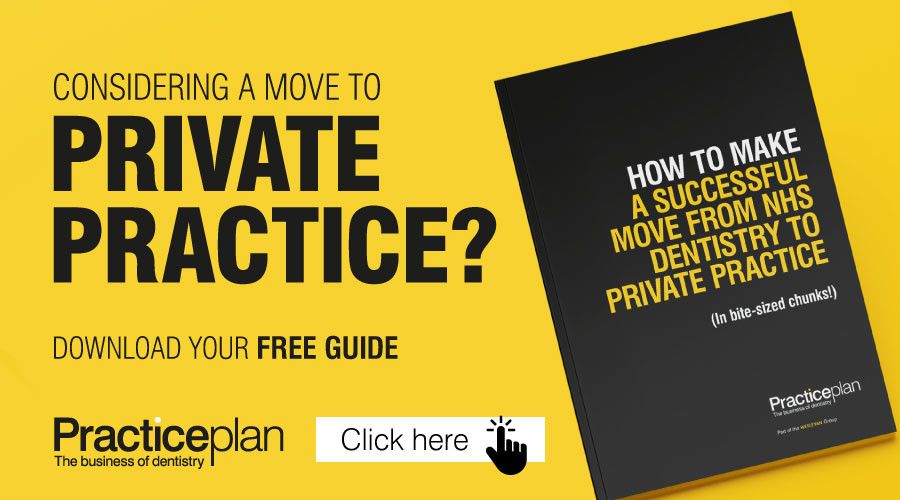Senior Wesleyan Financial Services consultant for dentists, Simon Cosgrove, lifts the lid on associate absence and what the potential risks are for both associates and principals when the locum clause within associate contracts isn’t enforced and locum cover isn’t implemented.
On the back of the HMRC announcement on 6 September, the spotlight is once again on the topic of employment status of associates. This time from a tax perspective.
The fallout from an associate being considered employed is significant. And for both parties.
For principals, there is both a financial and reputational threat. Particularly when taking into consideration the financial impact of contributing to an associate’s National Insurance. And then subsequent basket of benefits required for employees.
Then, consider the potential vicarious liability of your practice for your associates work.
We’ve heard about the recent court cases against dental practices. The practice paid out due to the negligence of their associates on the basis that they were considered to be employed by the practice.
Then there’s also the associated reputational damage to contend with.
For associates, there are significant tax benefits to self-employment. Alongside having more control over your work/life balance.
Have a listen to Simon’s video to find out how locum cover is one strategy to help strengthen associates’ self-employment status in line with contractual obligations.
If you’d like further advice in this area, you can speak to a specialist dental Wesleyan Financial Services consultant as part of a no obligation financial review by visiting wesleyan.co.uk/dental or call 0800 316 3784.






